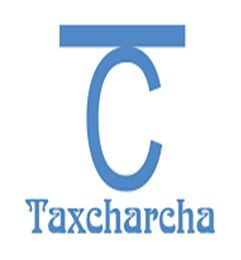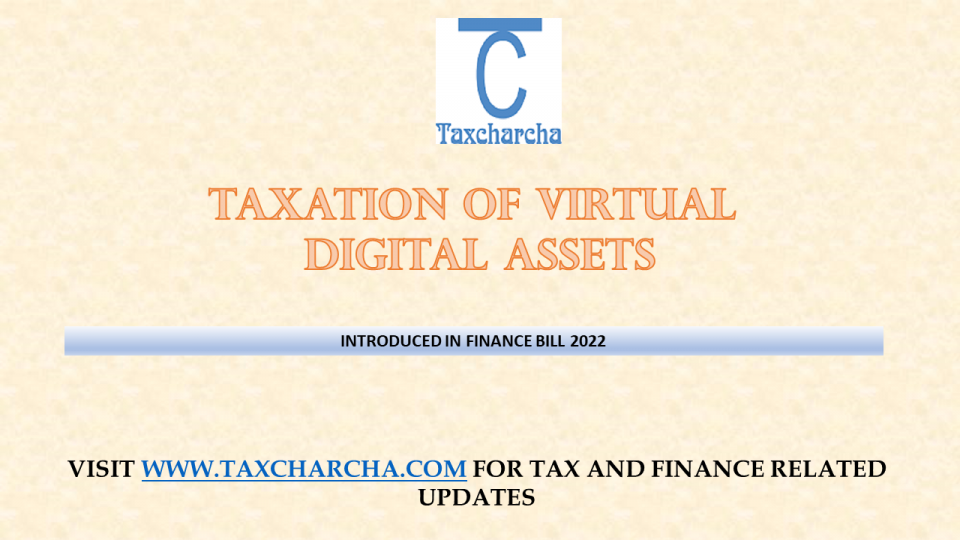In the Finance Bill 2022, the much-needed question has been answered regarding the Crypto currency and other virtual assets shall be allowed to be traded or not. In the Union Budget 2022 presented by Smt. Nirmala Sitharaman Ji, this issue has been very well addressed.
In the Budget, the term “Virtual Digital Assets” has been introduced which states as under :-
- Any information or code or number or token being generated through cryptographic means or otherwise, having a digital representation of the value exchanged with or without consideration, with the promise or representation of inherent value, or functions as a store of value or a unit of accounts including its use in any financial transactions or investment, but not limited to investment scheme and can be transferred, stored or traded electronically [Not being Indian or foreign currency];
- A Non Fungible token or any other token of similar nature, by whatever name called;
- Any other digital asset as may be notified by the Central Government, by notification in the Official Gazette
The definition of the Virtual Digital Asset clearly specifies that the Virtual Digital Assets shall be derived through cryptographic value having the value in the digital representation which can also be used for financial transaction or in the form of investment. It specifically excludes Indian and Foreign currency. Also, it includes the Non-Fungible token system and other digital assets as the Central Government may specify in the Official Gazette.
Now, in order to tax the Virtual Digital Assets, a new section 115BBH has been introduced in the Finance Bill 2022. The scheme for taxation of Virtual Digital Asset is as under:-
Sale Consideration of Virtual Digital Asset (-) Cost of acquisition of Virtual Digital Asset = Gain on sale of Virtual Digital Asset.
Now, the gain on sale of virtual digital asset shall be taxed @ 30 percent. In the case of transfer of virtual digital asset through gift, the gain shall be taxed @ 30 percent as the same has been added in the definition of property under section 56. Also, there are following points to be considered:-
- There will be no deduction of any expenditure allowable under the act which is related to the acquisition of the Virtual Digital Asset. Only the cost of acquisition shall be considered for the purpose of calculating the gain.
- In case, there is loss on the sale of the Virtual Digital Asset, then there will be no set off of this loss with any other head or item of the Income source under the Income tax act.
- The loss shall not be carried forward to the next assessment year.
Now, with effect from 1st July 2022, a new section 194S shall be introduced for the deduction of tax at source in case of payment on transfer of virtual digital assets.
In the section, it states that a person responsible for paying any sum to a resident by way of transfer of the Virtual Digital Asset shall deduct the TDS @ 1% on the sum at the time of earlier of the credit of sum to the account of resident or at the time of payment of such sum by any other other. It is also provided that in case the payment for the transfer has not been in cash or partly in cash then it is the responsibility of the person releasing the payment to ensure that adequate tax has been paid for such transfer.
However, there is an exception with respect to deduction of TDS under section 194S. It states that no tax shall be deducted when
- The specified person shall pay the consideration, the amount of which shall not exceed Rs. 50,000/- during the financial year, or
- The person other than specified person shall pay the consideration and the amount for such transfer shall not exceed Rs. 10,000/- during the financial year.
For the purpose of this section, the specified person shall have the following meaning:-
- being an individual or a Hindu undivided family, whose total sales, gross receipts or turnover from the business carried on by him or profession exercised by him does not exceed one crore rupees in case of business or fifty lakh rupees in case of profession, during the financial year immediately preceding the financial year in which such virtual digital asset is transferred;
- being an individual or a Hindu undivided family not having any income under the head “Profit and gains of business or profession”;
To deduct the TDS, the person responsible for deducting shall not be require to have the Tax Deduction and Collection Number.
However, with respect to the Goods and Services Tax, the issue has not been clarified till yet whether the gains on crypto or any other virtual digital asset shall be subject to GST and if yes, then the rate at which the GST shall be applicable.

